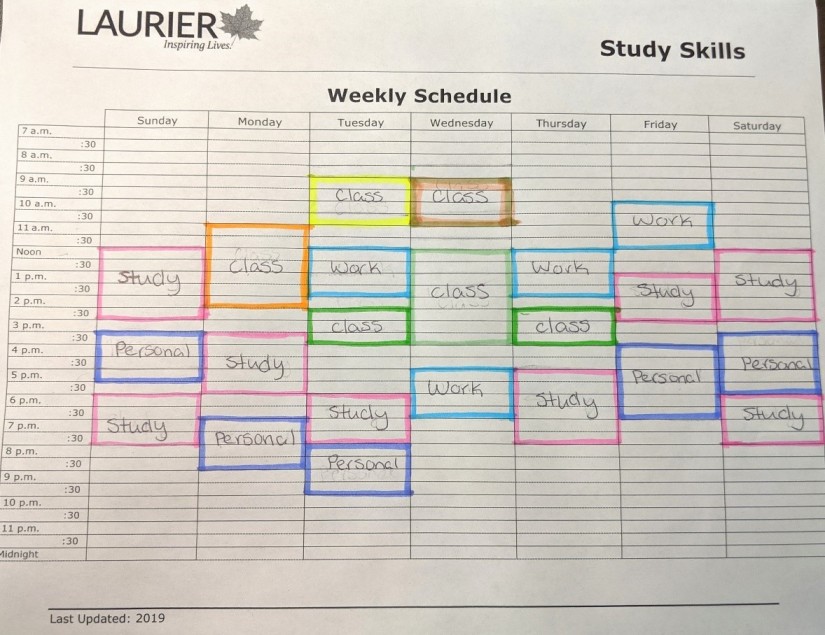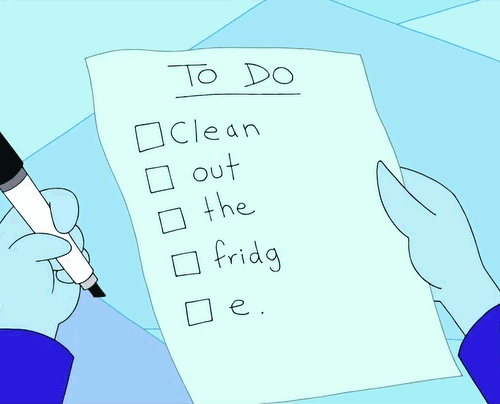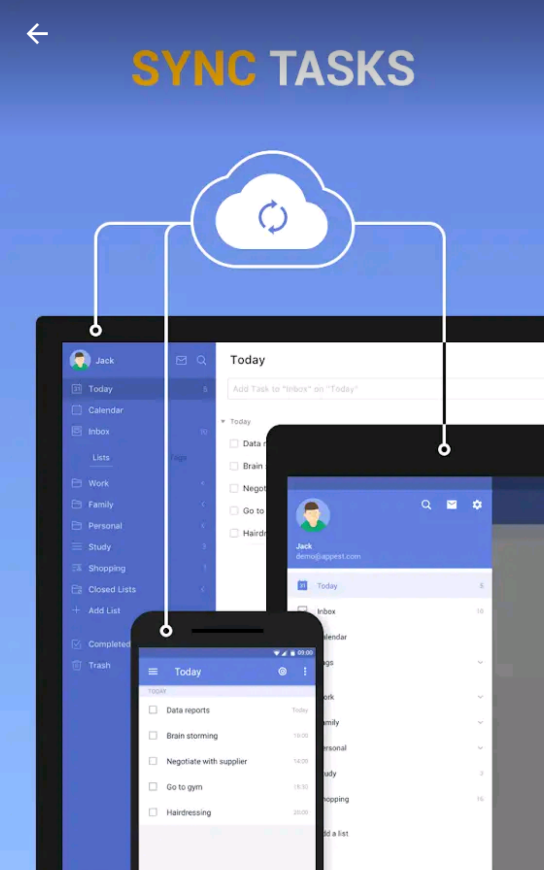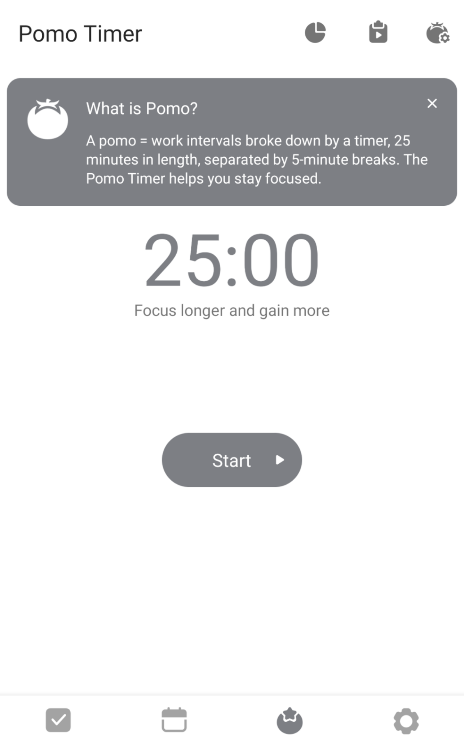Finding an effective study space, as well as techniques and routines that work for you are key factors in studying successfully. Time and time again, teachers and professors told me not to study at home, that it was ineffective, and that it just doesn’t work. But, I strongly disagree with this statement. Studying at home can be effective and it can work, you just have to figure out how to make it work for you. But it is important to note that it might not work for you at all, which is okay too!
For me, studying in public spaces opens me up to a whole different world of distractions from listening in on random people’s conversations to just being anxious sitting by myself in a room with a bunch of people. If you’re like me and find more distraction outside of your home than in it, here are some ways that I have found to make at-home studying an effective method for me.
Studying Location
Your studying location is a very important part of studying at home. You’ve probably seen articles everywhere saying that studying in your bed is a horrible idea. An article published in The Wall Street Journal by Heidi Mitchell argues otherwise. This article states that studying in bed versus at a desk generally does not have an impact on effectiveness. Mitchell (2019) talks about one specific study that was published in 1968 that she says is “the only widely known study specifically on students doing homework in bed versus a desk.” Ultimately, this study didn’t find a difference between those who studied in bed or at a desk when it came to their grade-point averages (Mitchell, 2019).
Mitchell (2019) also quotes a social psychologist named Dr. Harris Cooper as saying, “If they are getting their work done and it is of quality, then knowing what environments work for them will prepare them to be lifelong learners in various locations.” Overall, this article suggests that while studying in bed or at a desk may not have a general impact on your grades, it is important to find out what is effective for you. Ultimately, there is no right or wrong answer when it comes to studying; anything that feels good for you is your “right” way of studying. Personally, I find myself way too comfortable in my bed and that becomes a distraction in itself. Because of this recognition, I know that working at my desk is more effective for me.
Aside from studying in bed or at a desk, there are many other places within your home that can be good study spaces! Studying at the kitchen table or in your living room might be ideal for you, whether it is because of the room to spread out all of your papers or just having a comfy place to sit that isn’t your bed. Getting out of your bedroom can provide you the perfect opportunity to “switch it up” and put yourself in different scenery, which for me can completely change my mindset.
Preparing Your Mind and Body
There are so many factors that come into play when you begin your study session. It can even come down to what you’re wearing. As appealing as it sounds to work in your pajamas, I find that, when I sit down to work in PJs, I just can’t focus because to me PJs equal lay in bed and do nothing. An article by Erik Devaney discusses strategies for people working their jobs from home. In our case, our “job” is being students and our “office” is campus. Devaney (2018) states that it can be helpful to act like you’re going to the office: “The mental association you make between work and an office can make you more productive, and there’s no reason that feeling should be lost when telecommuting.” The article outlines how techniques like setting an alarm at the time you would be going to work, making coffee, and wearing nice clothes can all have an impact on the mental associations you have with work.
An article by Jacquelyn Smith states that it’s also important to maintain a healthy lifestyle when working from home. The articles states that when you work from home it can “lend itself to a sedentary lifestyle, not to mention the close proximity of the kitchen and refrigerator” (Smith, 2012). Smith (2012) suggests that making time for movement, having healthy snacks (rather than reaching for that bag of chips) and drinking a lot of water can help ensure that you don’t slip into that “sedentary lifestyle” and that your body, and therefore your mind, can be at their best performance for your at-home study session.
Managing Your Time
One thing that I find to be a struggle is studying for too long. I would start working on an assignment after I ate dinner and the next thing I know, I look up at the clock and it’s 1:30 am and I have a class at 8:30am. Something that I do to help me with this is having a weekly schedule with times blocked off where I will specifically be working on assignments, studying or doing something productive. Knowing my boundaries and limiting myself on how much time I spend working helps me not feel as stressed out or overwhelmed and feeling like I should be doing work every second that I’m free to do so.

Another thing that I do for myself is use my planner to set out specifically what I will be doing each day. Having that weekly schedule already set out helps me plan when I need to be productive, but it is quite vague and I have a hard time figuring out what should be my priority for each day. So, at the beginning of the week, I look at my calendar and see what assignment due dates I have coming up. I then go through and add in the specifics of what I will be working on and at what times, using the planned time blocks from that weekly schedule.
The most satisfying part for me is being able to checkmark or cross things off my list. It just gives me a sense of pride and I think, “Hey, look at all that stuff you crossed off today, you’re doing great!”

If planners aren’t for you, digital alternatives might seem more appealing. An app that I love is TickTick, which is a daily to-do list app that syncs across all devices, so you can have it on your phone, laptop or tablet all at once. I find TickTick very helpful because you are able to set reminders, so it will send you a notification for the time you planned to do something.

Distractions, Distractions, Distractions
Regardless of where you study, at home or elsewhere, distractions are inevitable. According to an article by Tasha Eurich for The Harvard Business Review, there are two types of self-awareness: internal and external. Internal self-awareness is how you see yourself, your “values, passions [and] aspirations,” while external self-awareness is your understanding of how other people view you and your values or passions (Eurich, 2018). In our situation, focusing on our internal self-awareness is more important. If we are able to be aware and reflect on what our values and goals are when it comes to studying or school work, we can identify how to eliminate anything that might hinder us from achieving our goals. Specifically, through reflecting on your goals and your experiences, you can start to think about what distractions might be hindering you from getting to where you want to be.
By being self-aware and reflecting on my at-home studying experiences, I have been able to identify that the main distraction for me is my roommates. Not to brag, but my bedroom setup is super cozy and kind of amazing for Netflix binge watching. Because of this, my roommates and I watch Netflix together a lot in my bedroom and they just hang out in there with me most of the time. Setting boundaries with my roommates is something that I struggled with at first. I didn’t want to seem rude or like I didn’t want to hang out with them, and I just felt guilty whenever I did need to kick them out.
Something I started doing was putting a little note on my door saying, “Hey, I’m doing work until this time.” With that literal physical boundary of the closed door and the note, they would get the message and not bother me for that time. Most of the time, this works very well for me. Other times, if they aren’t doing any work that day and are just having their own Netflix day, it can be distracting to hear the TV blasting from downstairs. In those instances, a quick message to our roommate group chat to remind them that I’m studying and to please try to be more quiet usually does the trick.
Other than roommate distractions, personal distractions are a big struggle for almost everyone I’ve talked to. It’s hard to get out of those routines of procrastination. The main source of distraction for me is my phone. This is not at all uncommon. In an article for The Conversation, Martin Vasilev compares the results of multiple studies in which distraction while studying was examined. Vasilev (2019) points out one particular study where participants had an average of 35 things distracting them during a three-hour study session including cell phones and internet use for non-academic purposes. Vasilev (2019) suggests taking breaks for the purpose of giving in to those distractions, and then, theoretically, you will be more focused on your work. Vasilev (2019) also suggests avoiding your phone and the internet to just eliminate this distraction all together, which might not always be practical.
I’ve tried turning off my phone, which requires self-control (that I don’t have) to not just turn it back on when you get bored of work. I’ve tried putting it in another room, and I just found other ways to distract myself. Something that I found that works for me is using the timer feature on TickTick. This timer uses the The Pomodoro Technique, which breaks down the timer into 25 minute intervals so you can focus on what needs to be done in manageable chunks of time. This timer also gives you 5 minute breaks in between your study time so you’re not overwhelming yourself.

Happy studying!
Katelyn
Peer Mentor
References:
Devaney, E. (2018, August 26). How to work from home: 20 tips from people who do it successfully. HubSpot. https://blog.hubspot.com/marketing/productivity-tips-working-from-home
Eurich, T. (2018, January 4). What self-awareness really is (and how to cultivate it). Harvard Business Review. https://hbr.org/2018/01/what-self-awareness-really-is-and-how-to-cultivate-it
Mitchell, H. (2019, February 13). Is it healthy to study in bed?. The Wall Street Journal. https://www.wsj.com/articles/is-it-healthy-to-study-in-bed-11550077336
Smith, J. (2012, August 16). How to succeed at working from home. Forbes. https://www.forbes.com/sites/jacquelynsmith/2012/08/16/how-to-succeed-at-working-from-home/#62db2a39281d
Vasilev, M. (2019, October 22). How to avoid distractions while studying, according to science. The Conversation. https://theconversation.com/how-to-avoid-distractions-while-studying-according-to-science-125624
